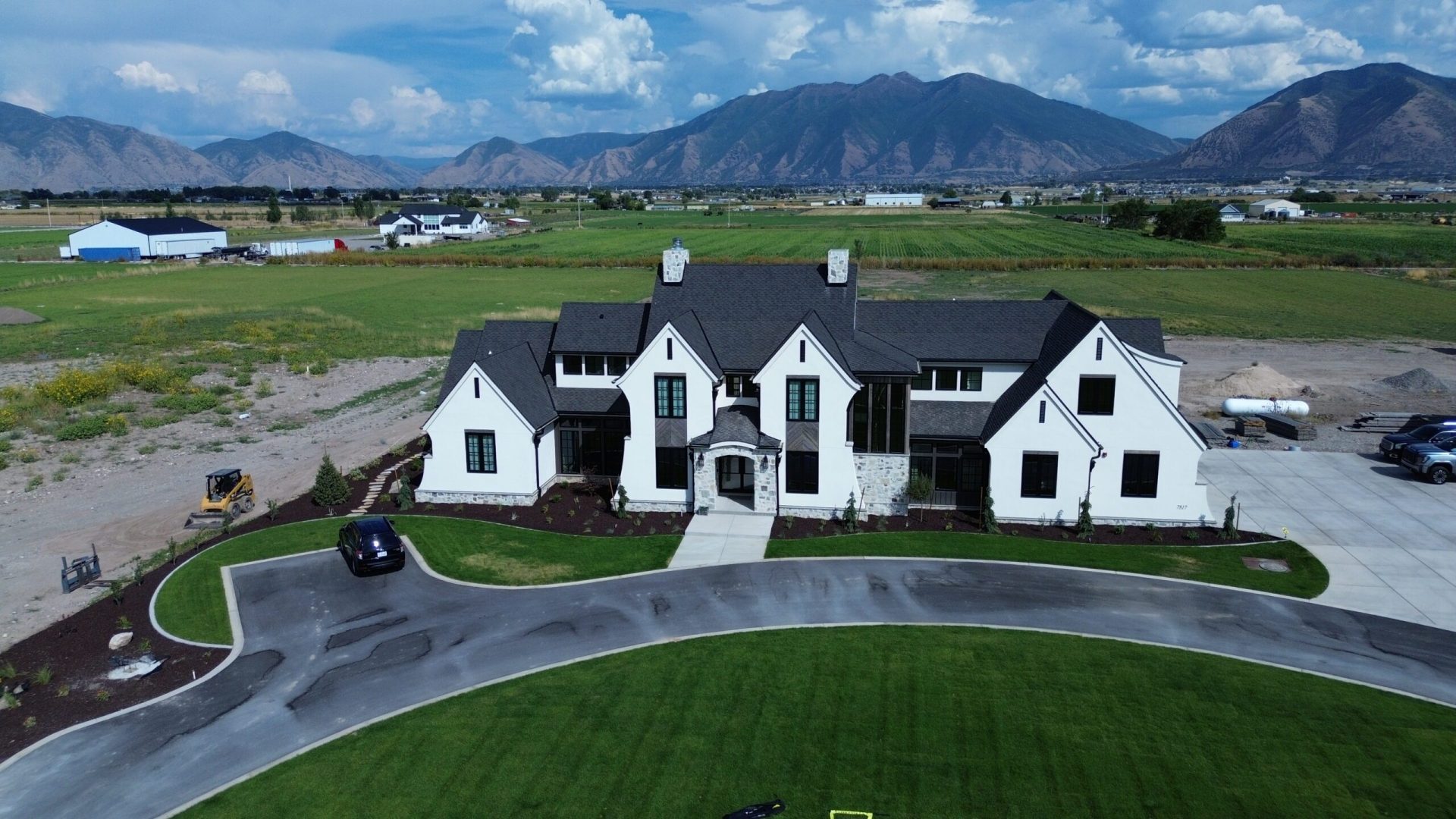In today’s rapidly urbanizing world, land development services have become indispensable in the journey from untouched terrain to vibrant residential communities. These services bridge the gap between a vision and its tangible outcome, orchestrating everything from land evaluation to infrastructure creation. When paired with expert residential engineering, land development becomes a strategic process that sets the foundation for sustainable and functional neighborhoods.
Understanding the Scope of Land Development Services
Land development services are comprehensive and multifaceted. They typically start with the identification and evaluation of suitable land for development, followed by a detailed study of zoning laws, environmental regulations, and utility access. Once a site is deemed viable, the next step involves meticulous planning and design—laying out roads, utilities, and stormwater systems.
Each phase of development requires precise coordination with city planners, surveyors, civil engineers, and environmental consultants. This ensures that the land not only meets legal and regulatory requirements but also supports the long-term needs of future residents. From concept to completion, land development services ensure that each square foot of land is used optimally and sustainably.
The Role of Residential Engineering in Land Development Projects
Residential engineering is at the heart of creating livable and safe spaces for communities. These engineers design the critical systems that make modern neighborhoods functional—such as drainage systems, road networks, utility lines, and waste management facilities. Their role extends beyond design; they are also responsible for overseeing construction to ensure compliance with plans and safety standards.
In residential projects, engineers often face complex challenges related to land slope, soil stability, and stormwater runoff. With strategic thinking and technical knowledge, they develop solutions that enhance the usability of the land while minimizing environmental impact. Residential engineering ensures that the homes and neighborhoods built today will stand strong and efficient for decades to come.
Key Elements of a Successful Land Development Project

- Feasibility Analysis
A thorough study of the land’s physical characteristics, market potential, and regulatory conditions to assess project viability.
- Master Planning and Design
Development of detailed site plans, including road layouts, utility designs, green spaces, and lot divisions.
- Permitting and Compliance
Navigating complex zoning laws and securing all necessary permits to begin construction.
- Infrastructure Construction
Building essential infrastructure such as water and sewer systems, stormwater management, and roadways.
- Project Management and Quality Control
Ensuring each aspect of development meets regulatory standards and maintains construction quality from start to finish.
Conclusion: Building Better Futures Through Land Development Services
The transformation of raw land into residential communities is a complex yet rewarding process. With expert land development services and the precision of residential engineering, developers can create spaces that offer safety, comfort, and sustainability. These services are not just about construction—they are about shaping the future, one neighborhood at a time. As urban demands continue to grow, land development will remain a cornerstone of smart city planning and community building.

